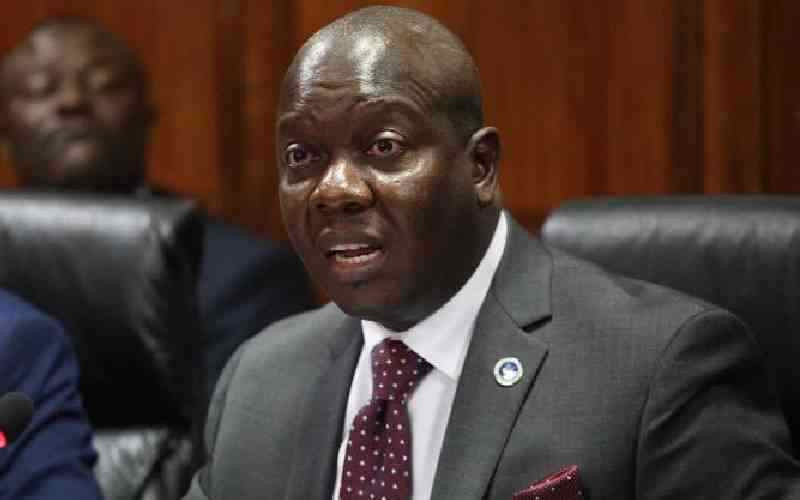In response to the alarming rise in human trafficking cases both within Kenya and across its borders, the Office of the Director of Public Prosecutions (ODPP) has launched an awareness campaign aimed at equipping the public with the knowledge to spot potential victims.
The campaign, which also features the hashtag #EndHumanTrafficking, outlines several key behavioral and physical signs that may indicate someone is a victim of trafficking. According to the ODPP, one of the clearest signs is physical evidence of violence or torture. Victims may also show psychological distress, appearing anxious, confused, or unaware of their surroundings.
Another telling sign is a fear of law enforcement or authorities, which often prevents victims from seeking help or speaking out. The ODPP further noted that many victims exhibit controlled movement, are often closely watched, and may be kept isolated from the public.
A red flag in many trafficking cases is the presence of inappropriate or missing identification documents. Victims may hold documents that do not match their circumstances such as a tourist visa while engaging in employment or may have had their documents confiscated by traffickers altogether.
Victims frequently offer rehearsed or scripted responses when questioned about personal details, such as their identity, job, or background. This behavior often points to coercion or fear of retaliation. Additionally, many are subjected to exploitative labor conditions working long hours without pay or under threats and intimidation.
The ODPP emphasized the critical role the public, especially individuals working in sectors like transport, hospitality, and border control, can play in identifying and reporting suspected cases of trafficking. Vigilance in these high-risk areas can significantly enhance efforts to rescue victims and bring traffickers to justice.
As part of the national strategy, the ODPP urges Kenyans to stay alert and report any suspicious activity through official reporting channels. The public’s cooperation is seen as an essential pillar in dismantling trafficking networks and ensuring the protection of vulnerable individuals across the country.

